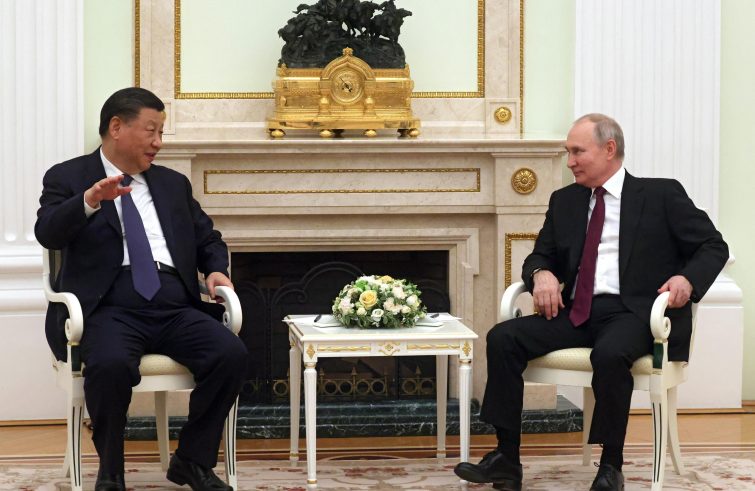
“China is keeping a watchful eye. The situation is obviously unstable. China hopes for a peaceful stabilisation, but it’s wishful thinking because it’s still unclear who is winning and who is losing. The dust has not yet settled and it remains to be seen how and where it will fall. While waiting, China is watching.” Speaking with SIR from Beijing where he is based, Francesco Sisci, an expert in geopolitics based in Beijing and former China correspondent for several Italian newspapers, offers an insight into how the Far East “giant” is following the development of the Russian crisis, following the armed uprising initiated by Yevgeny Prigozhin last Saturday. A brief communiqué released by the Russian Foreign Ministry on its website, following the meeting between Russian Deputy Foreign Minister, Andrei Rudenko, and Chinese Foreign Minister Qin Gang in Beijing on Sunday, reads: “The Chinese side expressed support for the efforts of the leadership of the Russian Federation to stabilize the situation in the country in connection with the events of June 24, and reaffirmed its interest in strengthening the unity and further prosperity of Russia.”
For Sisci, China was “extremely concerned” about the chaotic situation unfolding over the past hours in Russia, which appears to be “destabilised”.
“From China’s perspective, what we are seeing is a systemic failure of Moscow’s ruling power.” There are many unanswered questions. Prigozhin’s march on Moscow had been in the planning stages for several months. “Russian intelligence knew about it. So why did they not inform Putin and why did Putin not act accordingly?” asks Sisci. Moreover, last Saturday Wagner’s army covered more than 1,500 kilometres from Rostov to Moscow in just a few hours. “And he did it without anyone trying to stop him. Why didn’t they? What happened? Were there no troops? Were there no planes?” The third puzzling element of this story is the “political muddle” we saw last Saturday. “Putin made a statement threatening Prigozhin,” Sisci noted. “After a few hours, Putin fled by plane, even switching off his transponders so as not to be found, and gave in to Prigozhin’s demands. He probably showered him with money and stopped the march on Moscow, thus leaving the scene”. According to the expert, the picture does not add up: “Either Putin was bluffing when he threatened Prigozhin or, when the time came to act, his generals refused to do so. But in this case the president has clearly lost his authority. And where does Lukashenko fit into this picture? In short, there are at least four players on the scene: Putin, Prigozhin, the generals who did not act or did not inform Putin, and Lukashenko.
“What does this situation mean for China?” asks Sisci. “It’s clear to all that Putin, once the fulcrum of everything, is now one of 4/5 players on the stage. He has lost a lot of power. This means that China no longer has an interlocutor. Who will they talk to now? Who rules in Moscow today? Putin is certainly no longer in charge, he is just ‘one of the crowd’. It’s an extremely chaotic situation, characterised by relative anarchy. And China is watching closely. In the end, so is everyone else.”










